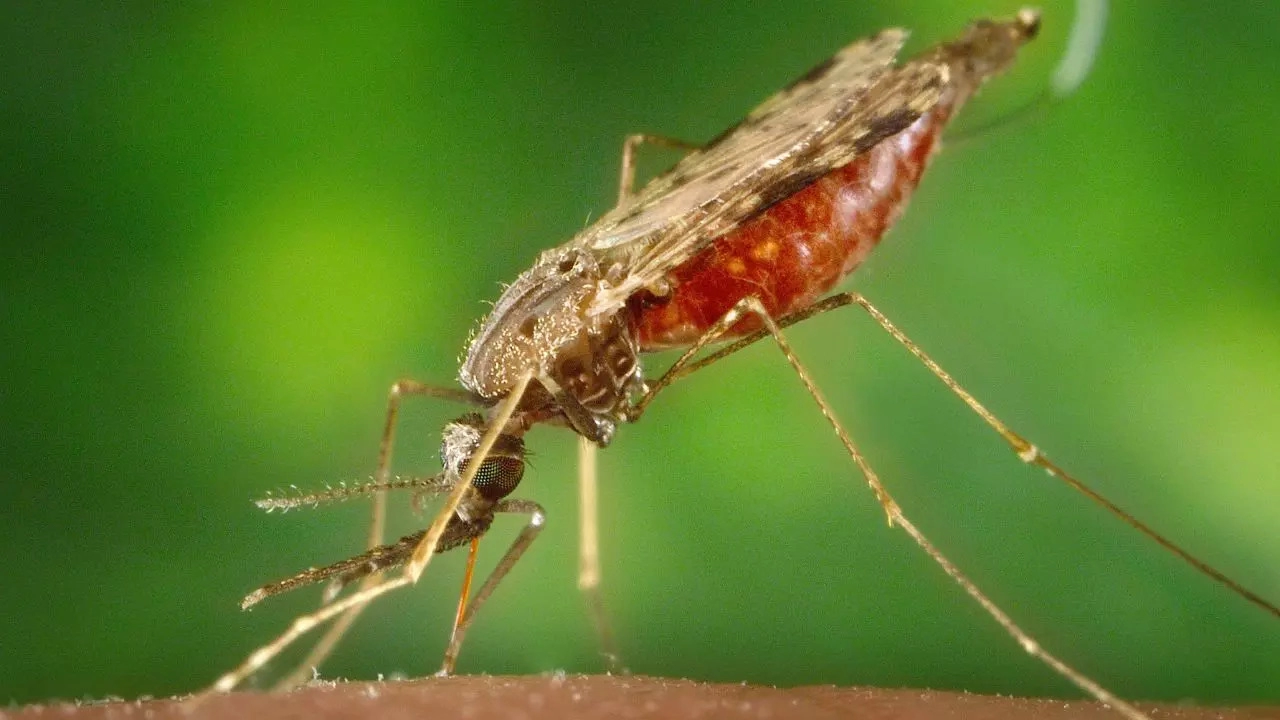Kerala Man Infected With Rare Bacterial Disease, Murine Typhus; Here’s What You Should Know About It
Oct 16, 2024
News

Kerala Man Infected With Rare Bacterial Disease, Murine Typhus
A 75-year-old man has been diagnosed with a rare bacterial disease called Murine Typhus. The man, from Kerala, was diagnosed with the condition on Friday, October 11. The man recently travelled to Vietnam and Cambodia and experienced severe body pain and fatigue upon returning from his trip.
According to a report in Hindustan Times, after experiencing the symptoms, the man sought medical attention and the doctor ordered tests for rat-induced and flea-borne diseases. Although the test results were inconclusive, it was found that his liver and kidney functions were deteriorating.
After considering his travel history, the doctors suspected that he could have Murine Typhus, which would be the first diagnosed case in the area. The patient was diagnosed using Next Generation Sequencing (NGS) technology which uses microbial DNA for identification. Then further tests were conducted at CMC Vellore for confirmation.
What is murine typhus?
Murine typhus, also known as flea-borne typhus or endemic typhus, is a disease that is caused by the bacteria Rickettsia typhi. It spreads to people through contact with infected fleas usually through Oriental rat flea and the cat flea. Fleas become infected when they bite infected animals, such as rats, cats or opossums. Once infected, they spread the disease to people or animals.
According to the Centres for Disease Control and Prevention (CDC), when an infected flea bites a person or animal, the bite breaks the skin, causing a wound. Fleas poop when they feed. This poop (also called flea dirt) contains the bacteria, which can be rubbed into the bite wound or other wounds and cause an infection.
It is important to note that people can also breathe in infected flea dirt or rub it into their eyes. However, these bacteria do not spread from person to person.
Symptoms of murine typhus
The symptoms of the disease start to show within 3-14 days after contact with infected fleas or flea dirt. Here, take a look at some of the signs and symptoms of murine typhus.
- Fever and chills
- Body aches and muscle pain
- Headache
- Loss of appetite
- Nausea
- Vomiting
- Stomach pain
- Cough
- Rash (typically occurs in about half of patients, and generally begins around day 5 of illness).
Severe illness can occur in some people but deaths are rare. Almost all cases resolve completely with appropriate antibiotics.
Prevention of murine typhus
There is no vaccine to prevent the disease. Therefore, it is important that you reduce your risk of getting murine typhus by avoiding contact with fleas.
- Keep fleas off your pets
- Animals that are allowed outside are more likely to bring fleas inside
- Talk to your veterinarian about flea control products for pets, such as flea collars, oral medication, or topical flea prevention products.
- Permethrin should not be used on cats
- Keep rodents and wild animals away from your home, workplace, and recreational areas
- Store food, including pet food, in tightly sealed containers
- Remove brush, rock piles, junk, and clutter outside of your home
- Seal up holes in your home where rodents can enter
- Keep lids closed on compost and trash cans to discourage animal visitors.
- Protect yourself from flea bites
- Do not feed or pet wild or stray animals
- Always wear gloves if you are handling sick or dead animals.
Get Latest News Live on Times Now along with Breaking News and Top Headlines from Health and around the world.



